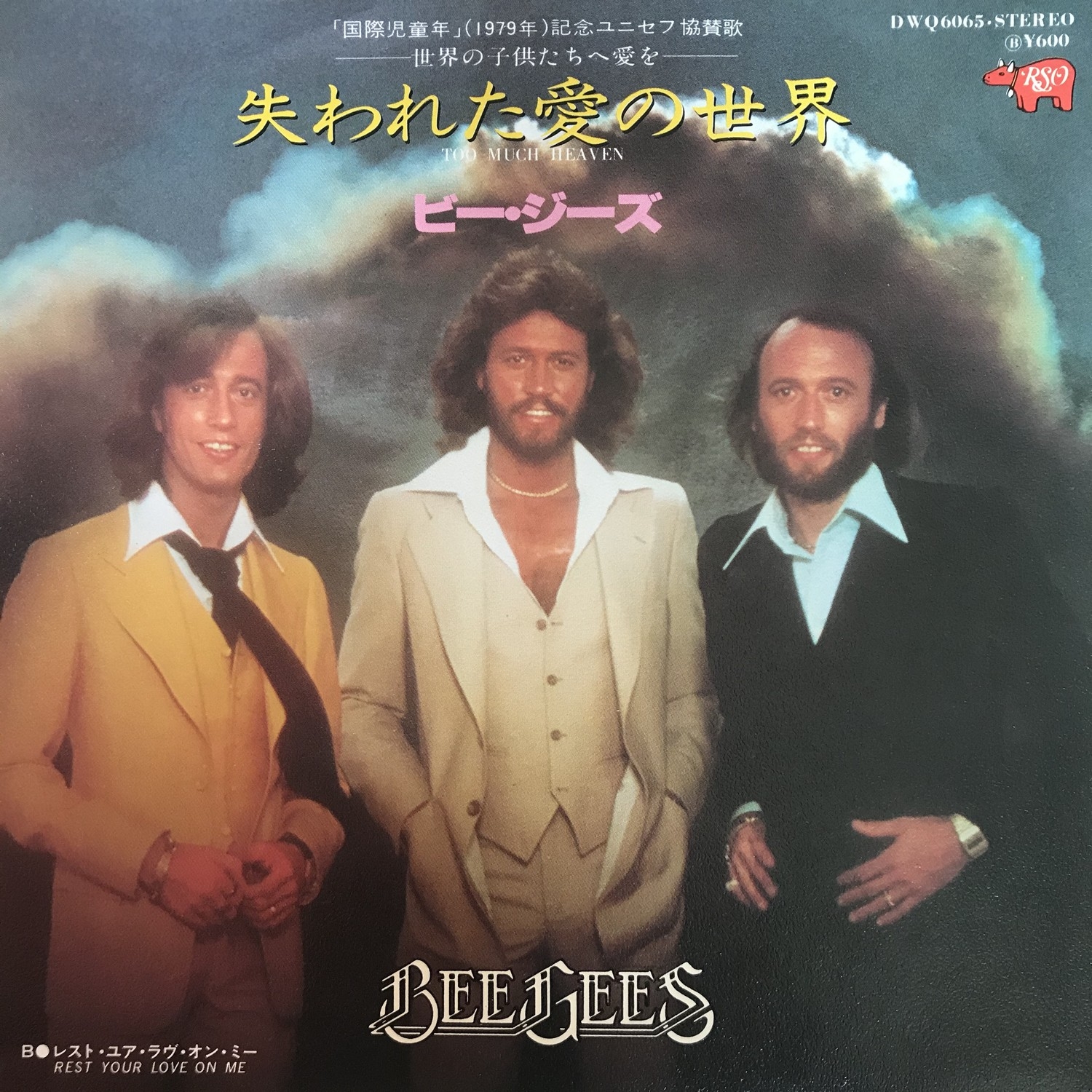Introduction

A Heavenly Sound: Unveiling the Story Behind Bee Gees’ “Too Much Heaven”
The Bee Gees’ “Too Much Heaven” isn’t just another ballad in their vast catalog. Released in 1978 on their album “Spirits Having Flown,” the song marked a shift towards a more mature sound, while still retaining the brothers Gibb’s signature falsetto vocals and infectious melodies. Let’s delve into the origins of this soulful and introspective track.
The exact inspiration for “Too Much Heaven” remains somewhat ambiguous. However, the lyrics hint at a yearning for something unattainable, a love that feels too good to be true. Lines like “Maybe it’s too much heaven, sent from above / Maybe it’s too much for one heart to love” explore feelings of doubt and insecurity within a relationship. This introspective theme marked a departure from the more carefree love songs the Bee Gees were known for in the earlier part of their career.
The song’s melody perfectly complements the lyrical theme. It features a slow-burning disco beat with prominent synthesizers, creating a dreamy and atmospheric soundscape. The Bee Gees’ signature falsettos soar above the melody, adding a layer of vulnerability and emotional depth.
“Too Much Heaven” wasn’t a chart-topping hit for the Bee Gees compared to some of their earlier disco anthems. However, it resonated with fans who appreciated the band’s musical evolution and the song’s exploration of complex emotions.
The song’s legacy lies in its ability to capture the bittersweet nature of love. “Too Much Heaven” acknowledges the joy of finding something special, while also grappling with the fear of losing it. It serves as a testament to the Bee Gees’ ability to evolve as artists and explore a wider range of emotions in their music.
So, if you’re ready for a song that transcends the typical love ballad, a song that explores the complexities of desire and fear, then prepare to be enveloped by the Bee Gees’ “Too Much Heaven.” This song is more than just a disco track; it’s a soulful exploration of the human heart’s capacity for love and doubt.
Video
Views: 4